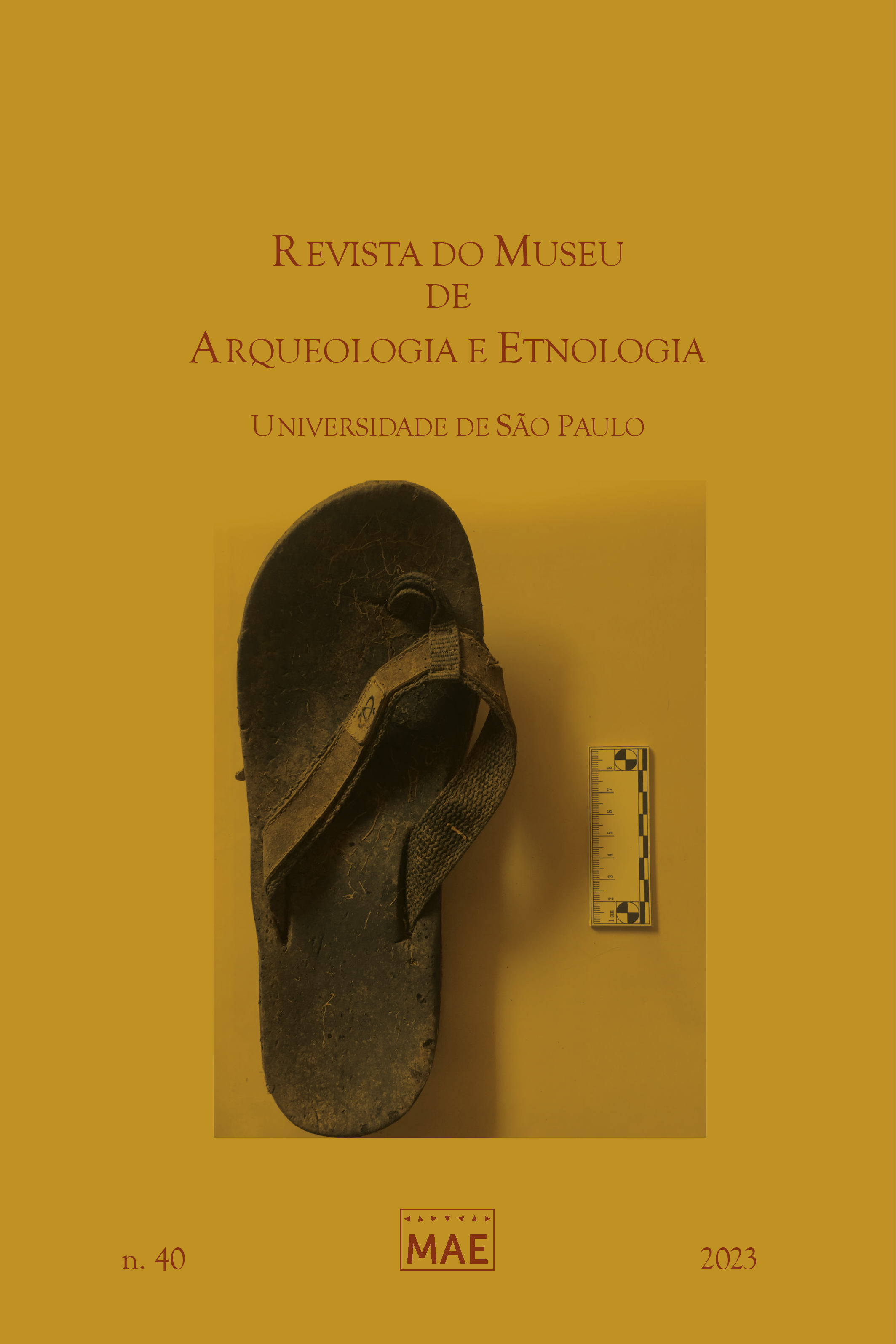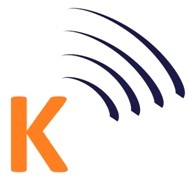A relevância dos currículos de arqueologia no ensino superior hoje
DOI:
https://doi.org/10.11606/issn.2448-1750.revmae.2023.205073Palavras-chave:
Arqueologia hoje, Tecnologia, Habilidades transferíveisResumo
O mercado de trabalho competitivo de hoje apresenta novos desafios e demandas, onde a tecnologia está substituindo muitos dos empregos existentes e novos empregos são continuamente criados. Apesar das oportunidades limitadas para alguém alcançar uma carreira no campo, uma disciplina tradicional como a arqueologia pode efetivamente equipar seus graduados para competir neste novo ambiente com habilidades e habilidades transferíveis que são classificadas entre as mais solicitadas pelos empregadores. Além disso, a arqueologia não pode mais ser considerada uma disciplina afastada das preocupações e questões contemporâneas, mas pode contribuir para tais discursos de maneira significativa.
Downloads
Referências
Burke, A.; Peros, M.C.; Wren, C.D. et al. 2021. The Archaeology of Climate Change: The Case for Cultural Diversity. PNAS, 118: 1-10
Egan, A.; Maguire, R.; Christophers, L. et al. 2017. Developing Creativity in Higher Education for 21st Century Learners: a Protocol for a Scoping Review. International Journal of Educational Research, 82: 21-27.
Henson, D. 2017. Archaeology and Education. In Moshenska, G. (Ed.). Key Concepts in Public Archaeology. UCL Press, London, 43-59.
Riley, S. 2020. Creativity Isn’t a Soft Skill. Available at: https://bit.ly/3UQxZKV. Accessed on: March 29, 2022.
Talin, B. 2021. 23 Skills of the Future: Important Skills for The Jobs of 21st Century. Available at: https://bit.ly/3P6JRXB. Accessed: March 25, 2022.
Tarlow, S. 2000. Emotion in Archaeology. Current Anthropology, 41: 713-746
United Nations Educational, Scientific and Cultural Organization. 2021. Report on the Futures of Higher Education Envisions Collective and Holistic Responses to Global Challenges. Avaiable at: http://bit.ly/3Wk956O. Accessed on: March 12, 2022.
Wearing J. 2011. Teaching Archaeological Thinking: The Critical Thinking Consortium; The Learning Education Network, Vancouver.
Whiting, K. 2020. These Are the Top 10 Job Skills of Tomorrow: And How Long It Takes to Learn Them. Available at: http://bit.ly/3Xj8OSW. Accessed on: March 12, 2022.
Downloads
Publicado
Edição
Seção
Licença
Copyright (c) 2023 Katerina Thomas

Este trabalho está licenciado sob uma licença Creative Commons Attribution-NonCommercial-NoDerivatives 4.0 International License.


















